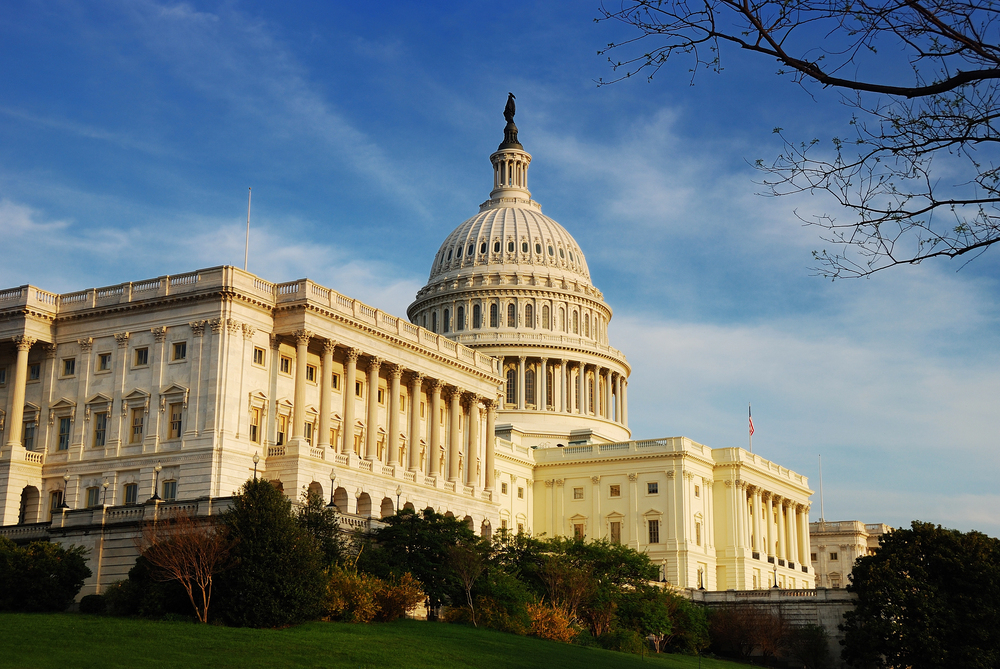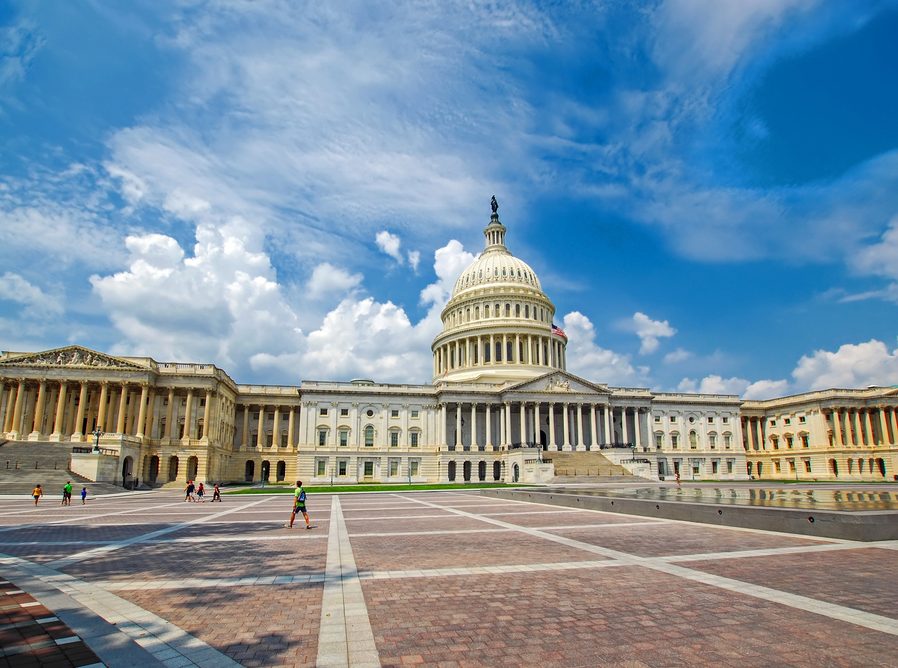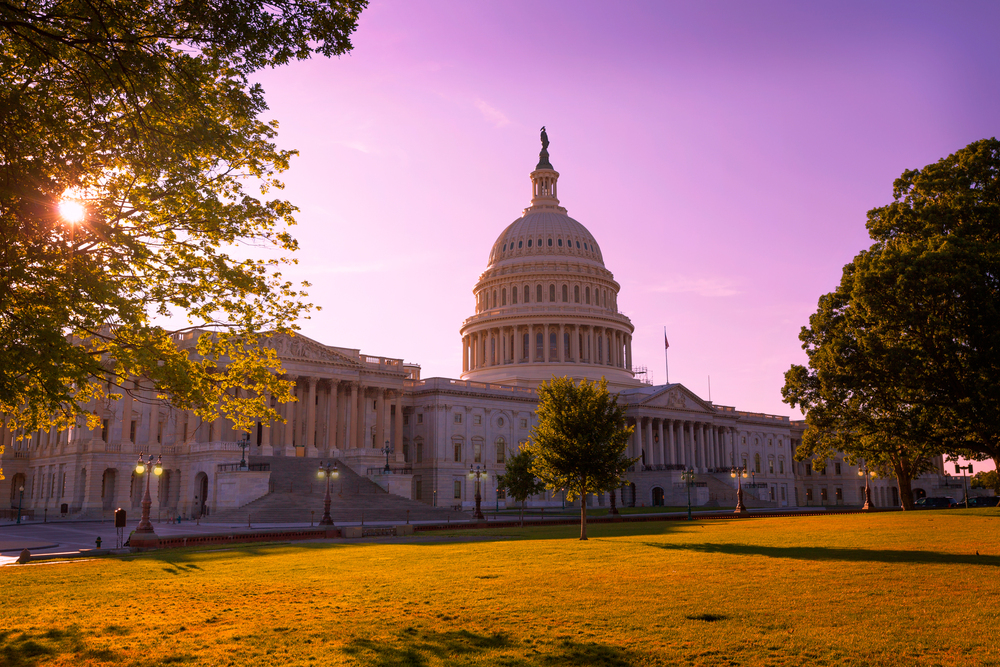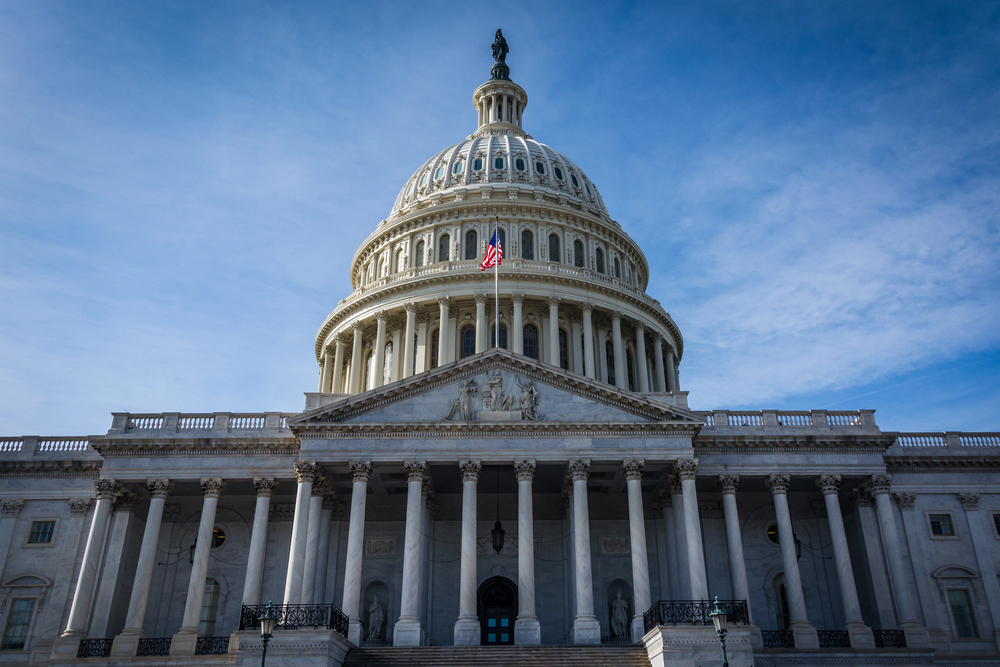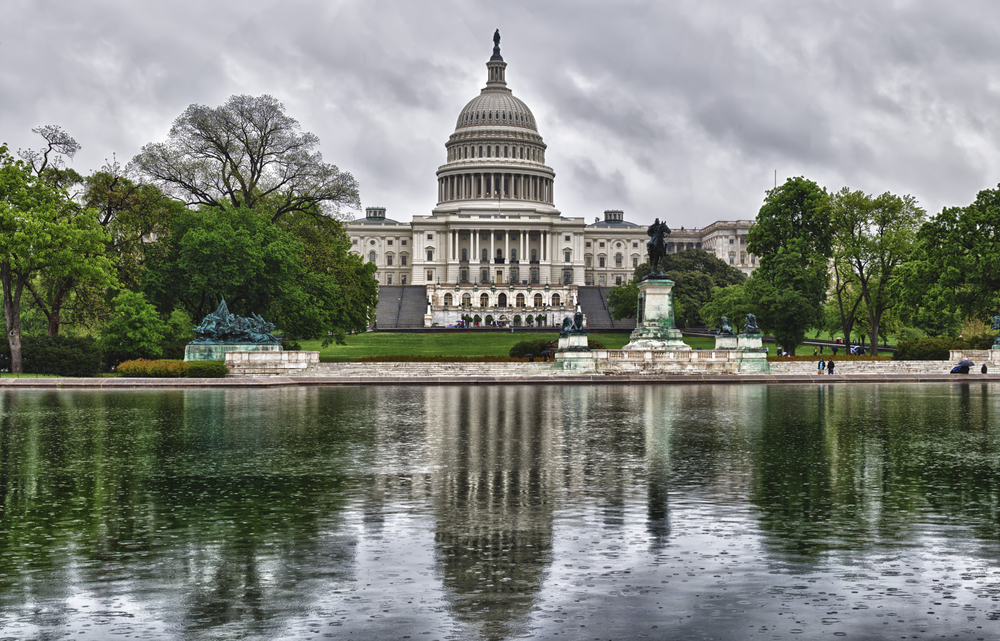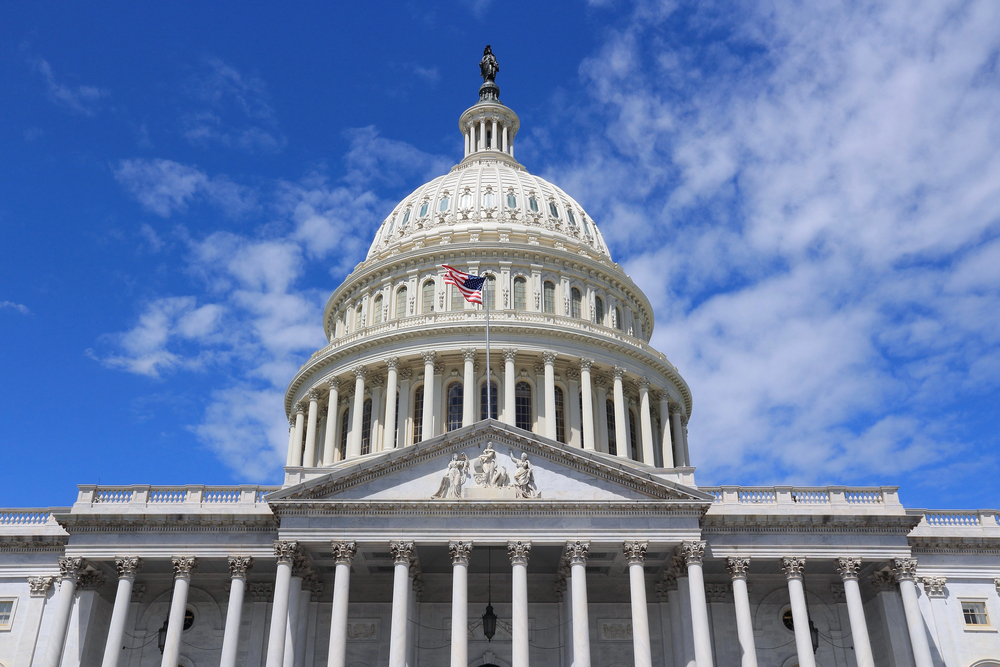Big ‘I’ Pushes Back on RRG Expansion
By: Jennifer Webb
This week, the Big “I,” the American Insurance Association and the National Association of Mutual Insurance Companies sent a joint letter to every member of the U.S. House of Representatives Financial Services Committee opposing H.R. 6292.
H.R. 6292 would amend the Liability Risk Retention Act (LRRA) to expand the types of commercial insurance that risk retention groups (RRGs) can offer to certain nonprofit organizations. Specifically, the bill seeks to allow some RRGs to offer commercial property and auto insurance to nonprofit organizations under certain circumstances.
Sponsored by Rep. Dennis Ross (R-Florida) and co-sponsored by Reps. Bill Posey (R-Florida), Tom MacArthur (R-New Jersey), Lee Zeldin (R-New York) and Mia Love (R-Utah), the bill would also require state insurance regulators to certify the availability of specific insurance products in their state.
Rep. Ross has previously championed similar proposals, but they have not garnered widespread support. The National Association of Insurance Commissioners also opposes H.R. 6292.
Currently, RRGs are only permitted to provide commercial liability coverage to their customers. Congress enacted the LRRA in 1986 to address the significant liability insurance crisis that plagued the U.S. economy during the early to mid-1980s. There is no compelling reason to expand the types of coverages RRGs can offer, because commercial liability and property coverage are readily available in regular insurance markets.
Furthermore, preempting state insurance laws to allow RRGs to broadly provide different types of insurance would undermine the insurance regulatory system, distort insurance markets by giving certain companies statutory competitive advantages, and put consumers at risk. If an RRG wishes to offer products outside of those that RRGs are permitted to offer in any state, the RRG has the option of becoming a traditional insurance company.
If current regulatory conditions in state insurance markets make it difficult to find certain types of insurance coverage, policymakers should address those issues at the state level. The Big “I” supports competitive state insurance markets and encourages Congress not to pick winners and losers in the marketplace.
Jennifer Webbis Big “I” federal government affairs counsel.


